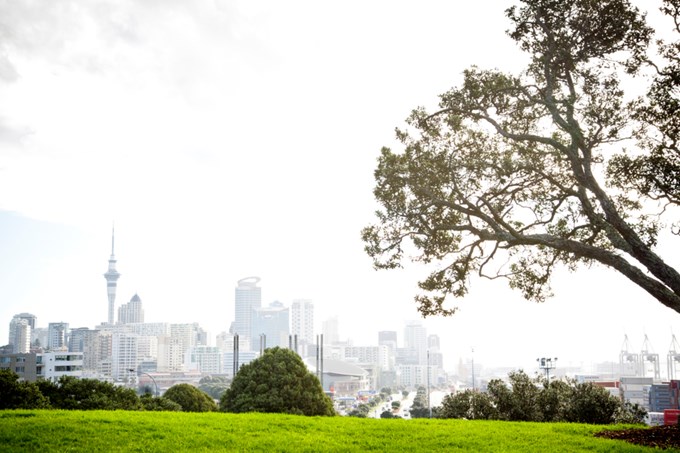Auckland Council has approved key topics for consultation in its forthcoming 10-year Budget 2021-2031 process.
The Mayoral Proposal formed the basis for the Recovery Budget, which focuses on:
- Auckland’s recovery from the impacts of COVID-19
- Maintaining and renewing community assets and building infrastructure
- Protecting the environment and responding to climate change.
“The key aims of this Recovery Budget are to address the recent challenges caused by COVID-19 and also address the decades-long challenges of underinvestment in our assets and infrastructure,” said Mayor Goff.
“What we have tried to do is continue our investment in big infrastructure projects, up $5 billion to $31 billion, so that we can create jobs and keep the economic recovery of this city going.
“Councilors supported the decision to consult on a one-off 5 per cent rate rise, which helps us invest a further $900 million more into transport, water, housing and environmental infrastructure over the next three years. It will create long-term assets for our city, stimulate jobs and economic recovery and meet the costs of renewing and maintaining vital community assets.
“This also means we can respond to the increasing threat of climate change by investing an extra $150 million to further accelerate our response. It means that from next year we will stop buying diesel buses and replace them with non-polluting and zero carbon-emitting electric buses.
“It is a Recovery Budget that will keep our city moving while ensuring that costs to ratepayers are fair and reasonable.”
Topics for consultation include:
- locking in $90 million a year of savings from the $120 million included in the Emergency Budget to maximise value for money for Aucklanders
- increasing the target for the sale of surplus properties to $70 million a year for the next three years to reinvest in assets we need
- investing in a package of new climate change actions to reduce greenhouse gas emissions and adapt to the impact of climate change, including immediately halting the purchase of diesel buses and ensuring any new bus is electric or hydrogen-powered, planting millions of trees as carbon sinks and planning for coastal change
- increasing council’s debt to revenue borrowing to up to 290 per cent for the next three years to respond to the COVID-19 crisis, gradually returning to 270 per cent, without impacting negatively on our strong credit rating
- Increasing average general rates by a one-off 5 per cent for 2021/2022 to help meet the challenges caused by COVID-19, returning to a 3.5 per cent increase per annum from 2022/2023.
“This was not an easy budget to put together but we are proposing what we believe is important for delivering the services and infrastructure Aucklanders want and need, while keeping costs to them as low as possible,” the Mayor said.
Finance and Performance Committee Chair Councillor Desley Simpson said the Recovery Budget had a strong focus on increasing savings and ensuring that council was operating efficiently.
“Our Emergency Budget has set a record target of $120 million of savings for ratepayers and this budget will lock in savings of $90 million each year over the next three years,” she says.
“I want to give Aucklanders confidence that we are doing our part to cut costs in this fiscally challenging time.
“We are becoming a leaner organisation which includes cutting our staff numbers. We will continue to find a balance between our focus on providing value for money to ratepayers while maintaining appropriate investment levels into infrastructure that Auckland needs.”
Deputy Mayor Bill Cashmore agrees. “This Budget isn’t about austerity or cutting back on the services and investments our city depends on,” he said. “It’s about walking the line between keeping Auckland moving while maintaining a focus on savings and efficiency for ratepayers.”
Other proposals for consultation include:
- extending and increasing the Water Quality Targeted Rate to improve water quality in the Manukau Harbour and Eastern Isthmus
- extending the Natural Environment Targeted Rate to protect native species such as kauri
- adopting a more focused approach to providing infrastructure to support growth, while working with the government and the private sector to find new ways of funding infrastructure to more fully meet substantial demand across all areas in Auckland
- work with local boards and the community to explore how community services can be provided differently through more focused investment in community assets, tailored services targeting areas of greatest needs, alternative service delivery through partnerships, grants, digital and other non-asset approaches, and consolidating Auckland Council’s community asset portfolio to best meet a fit for service network.
Public consultation on Auckland Council’s 10-year Budget 2021-2031 runs from 22 February until 22 March 2021 and is open to all Aucklanders.
Visit the Auckland Council website to find out more and have your say.


